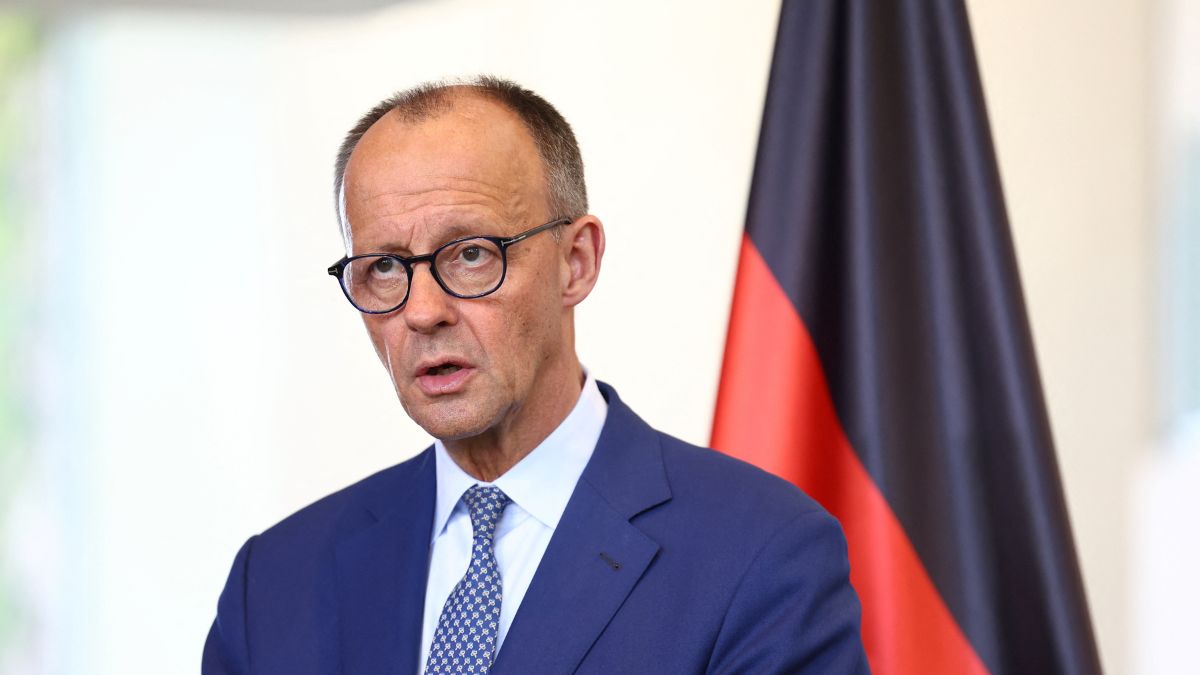The German parliament on Wednesday ended a fast-track citizenship programme, reflecting the rapidly shifting mood on migration in a labour-hungry European economic powerhouse.
While campaigning for this year’s elections, Chancellor Friedrich Merz’s Conservatives pledged to rescind the legislation, which let people deemed “exceptionally well integrated” gain citizenship in three years instead of five.
“A German passport must come as recognition of a successful integration process and not act as an incentive for illegal immigration,” interior minister Alexander Dobrindt told parliament ahead of the voting.
However, the rest of the new citizenship law, a signature achievement of the previous Chancellor Olaf Scholz’s Social Democrat-liberal-Green government, will remain intact despite several oppositions.
The SPD, which is now a junior partner in Merz’s coalition, defended their move to go against the law it once established. They argued that the fast-track provision was rarely used, and the essence remained.
What the law was about
According to the 2024 records, out of the 300,000 naturalisations, only a few hundred came through the fast track, originally planned as an incentive for the footloose and highly skilled to choose to settle in Germany, a country which have been facing labour shortage.
As per the law, candidates must demonstrate achievements such as very good German, voluntary service or professional or scholarly success to reduce the waiting period and acquire citizenship.
“Germany is in competition to get the best brains in the world, and if those people choose Germany, we should do everything possible to keep them,” the Greens’ Filiz Polat told legislators.
Impact Shorts
More ShortsIt is pertient to note that the attitude towards immigration in the European nations has soured dramatically, even though Germany needs an influx of labour .
This shift towards migration occurred because of the strain high migration levels have placed on local services. The change has also helped propel the far-right party Alternative for Germany to first place in some polls.
With inputs from Reuters.
)